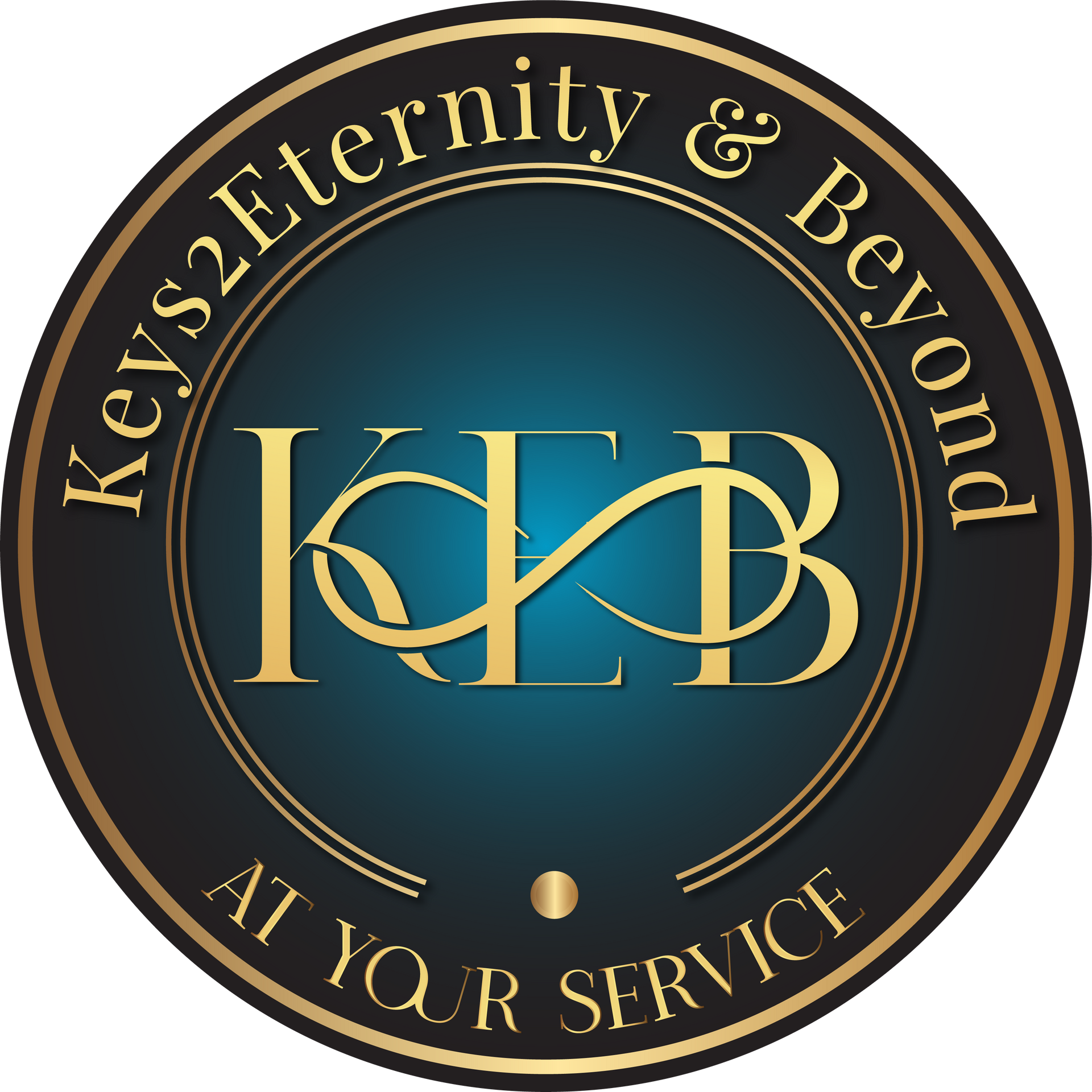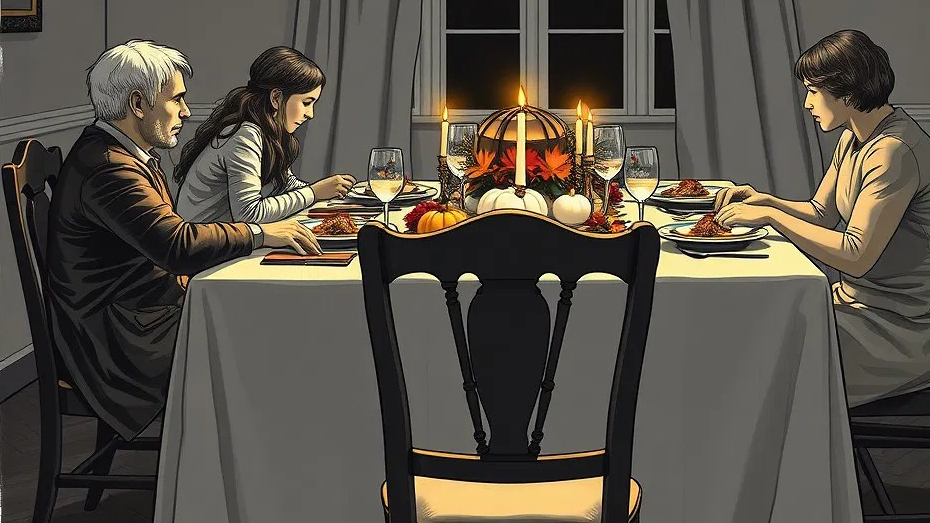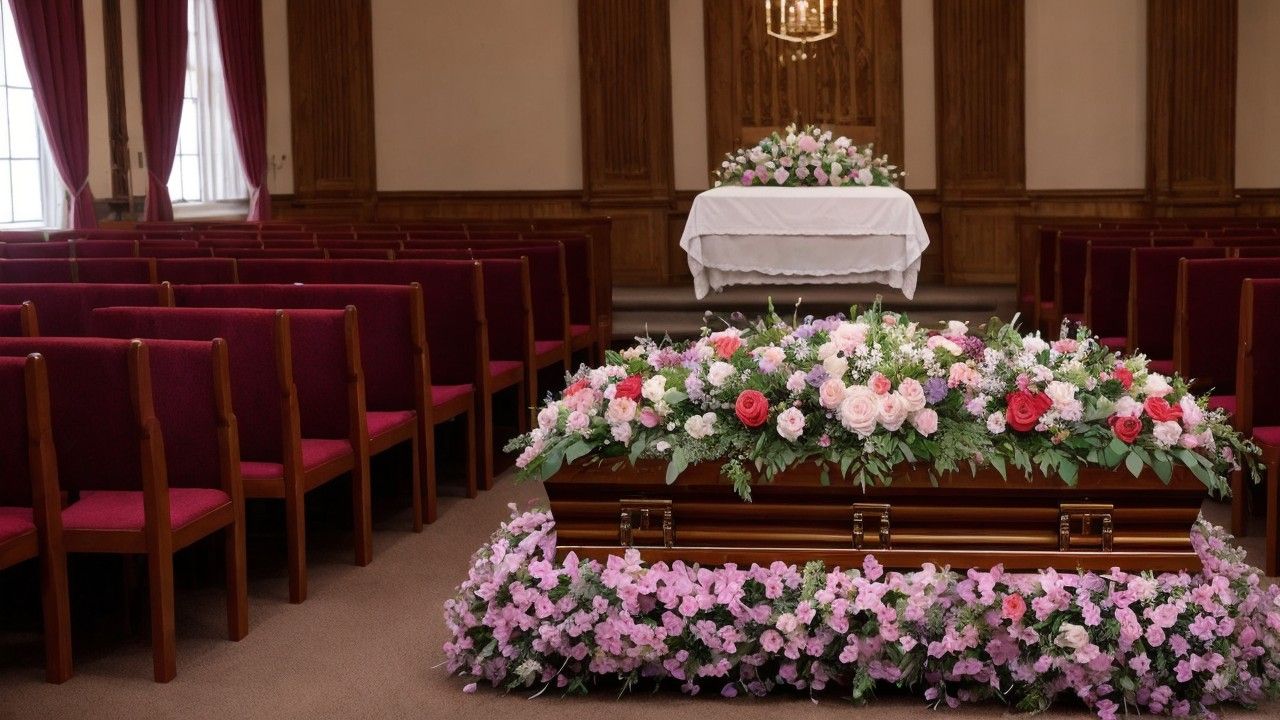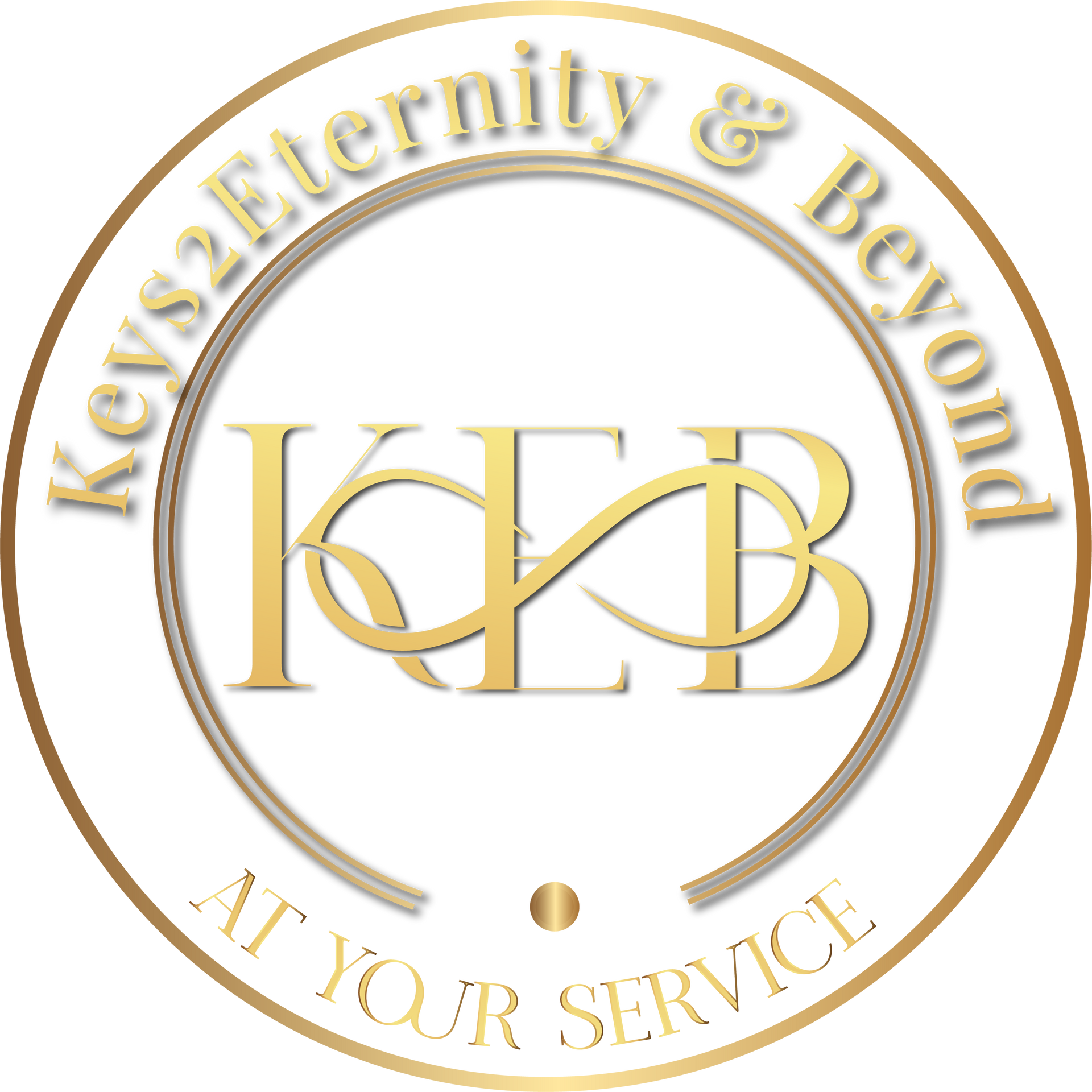Find a Trusted Proivder
Helpful Links

Business Hours
- Mon - Fri
- -
- Sat - Sun
- Closed

Share This Article
Not everyone is lucky to know when they'll have to face their mortality. Death, while all too natural, is still an inevitable part of our existence. This is why the idea of planning ahead for it can be necessary while at the same time uncomfortable.
Dying without a will or estate plan is a common occurrence in America. The headlines are full of legal, financial, and emotional battles families fight when their loved ones leave without a will detailing their wishes. Yet it doesn't always have to be this way.
Whether in good health or facing illness, pre-planning your funeral is a wise idea that will benefit both you and your surviving next of kin. Otherwise, your family must pass through probate and incur avoidable expenses. There's also a high chance your wishes may not be included in the letter.
Have you considered the idea of planning your funeral ahead of time but don't know where to start? We understand that it's a difficult decision, so we put together this comprehensive guide to answer your questions and help you get started with quick, easy-to-follow steps. Take a look.
What Is Pre-Planning Funeral?
Pre-planning is basically planning ahead for the inevitable. It's when you sit down with your attorney and closest NOK and plan how your estate will be managed, which funeral home will take care of your remains, the cemetery or crematorium where you'll be interred, etc.
It's also when you express your preferences on the type of funeral service you want (religious or non-religious), where the memorial will be held, and where the funeral products and services will be sourced.
Pre-planning is a once-in-a-lifetime opportunity where you make it known beforehand whether you want a cremation or a burial and the type of burial you prefer (natural or traditional, with or without vault).
These questions can help form your decision-making:
- Would you prefer embalming or direct cremation?
- Would it be an open or closed-casket funeral service? If cremated, how would you want your cremation remains to be disposed of?
- Would you prefer to have the remains transformed into solidified stones or kept in an urn?
- Would you rather they're scattered somewhere specific?
All these details sum up funeral pre-arrangements which you can dictate in your Last Will or Living Will in line with your wishes. Your NOKs must be there to bear witness and agree to all the details as indicated in your will while a pre-planning attorney handles the legal bits. Funeral pre-planning can be made under three different scenarios:
- Arrangements made in good health or chronic illness for the unforeseeable future known as advanced pre-planning.
- Final arrangements for a possible imminent passing typically made when facing terminal illness or hospice care with a medical prognosis of less than a year called imminent arrangements.
- Final arrangements made after a confirmed death, otherwise known as at-need funeral planning.
How Does Funeral Pre-Planning Work?
Pre-need planning is a decision-making process that's also a learning opportunity. It's the time to confront your mortality. First, you'll need to familiarize yourself with each step and research available options for products and services. Once you've made your decision, you'll review and compare costs to ensure they align with your budget.
Having friends and NOKs participate in this process is a great idea, as it helps with decision-making and orientation. Remember that pre-need final arrangements don't necessarily include purchases, but everything must be put in writing and legally approved to avoid potential future disputes between NOKs and service providers.
In this case, the funeral home, cemetery, and memorial suppliers
must sign written agreements and guarantees. Where pre-purchases must be made, clear records and receipts of all payments should be kept to maintain transparency and accountability and, most importantly, to ensure an individual’s wishes and selections are honored.
Why Plan Your Funeral In Advance?
No, planning your funeral ahead of time is not courting death. It's the same as taking a mortgage and hoping to be a proud homeowner someday. Or having an education policy for your infant, believing their education and future will be fully cared for.
While no one can guarantee the future, death is something we are sure to experience at some point.
So, while not the best thing to happen in life, it's part of life nonetheless and requires similar planning. It's when you put the necessary provisions in place to ensure that your loved ones aren't burdened or inconvenienced by the loss. It's when you allow decisions to be made smoothly as per your legal requirements, allowing your family to mourn without additional stress and focus on cherishing your memories instead. It's when you:
- Help avoid family conflicts during funeral planning. When next of kin disagree, it's always a recipe for tension at a time when families need each other.
- Ensure your wishes are carried out exactly how you want them. Imagine getting cremated when all you wanted was an eco-burial in a fancy wicker casket. You wouldn't even turn in your urn.
- Save money. Still on that wicker casket. Death, just like life, is costly. You can select a casket of your choice from your preferred manufacturer. You can even indicate in the preplan that you prefer a custom casket. Identifying products and services early offers plenty of budget options, so your family won't need to get everything from the funeral home.
- Take charge of your finances. Well, this may be the most unpopular opinion, but if you can save for a trip overseas, save for a better car, and set aside some cash for a new home, you can do the same for your end-of-life care. Setting aside funds for the end of life allows you to take charge of your finances and enjoy life on your terms, knowing that should it be your last day, everything will be catered for.
There are many reasons why you should preplan your funeral today, but the ultimate goal is peace of mind in life and in death.
Funeral Planning To-Do List
Here is the ultimate checklist for pre-planning your final arrangements.
1. Contact Your Attorney or Legal Representative
Once you've made the decision to put your affairs in order, start with the legal requirements. Contact your personal or estate planning attorney to draft an estate plan. This document is vital in executing your estate and ensuring that all assets are legally distributed to the right beneficiaries as per your wishes.
The estate plan is also crucial as it informs every decision the NOKs will make, for example, if you prefer hospice or home care, whether you'd like to have a Death Doula by your side, etc.
2. Pick An Aftercare Home
This is when you select your preferred funeral home and contact the Funeral Director. Do you prefer a family-owned or corporate funeral home? Discuss your preferences with your family and attorney.
Will there be an open or closed casket viewing? Embalming or direct cremation? A public memorial service or private burial? Would you prefer a hearse or a horse-drawn carriage? You can even select the time of the day you want to be interred. Morning or afternoon?
3. Be Specific About Your Interment Wishes
In your pre-need funeral planning, be specific as to whether you want a traditional burial or cremation. Select your preferred cemetery or crematorium. Mention where you want the ashes scattered. Include your preferred flower arrangements and monument.
Also, specify what type of music you want during the service, and if possible, specifically mention a particular musician or band.
The best approach is to list all your
preferred service providers and the unique services they'll offer on your final day. For example, you can choose your preferred casket, urn, or monument and include which specific company or vendor you want to work with.
If you opt for a traditional burial, contact the head of the cemetery and purchase a plot or vault. The funeral director can guide you on this one.
4. Plan For Your Obituary
It's time to tell your story. Once you make peace with the fact that there will be a time when you'll turn from words to memories, it's wise to immortalize those memories. You don't want your life to be summarized into a short, uninspiring announcement.
You want your once purposeful existence to be preserved to inspire generations. You don't achieve that with a short obituary chronicling your life like a calendar of events. No, you want to tell your story with flair, humor, and personality. You can publish your memoir or write a living obituary. Alternatively, you can preplan how your story will be written in your preferred tone.
Pre-Planning Your Funeral: Final Thoughts
Planning your own funeral may evoke discomfort, and not everyone can do it, understandably. But our fate as humans is that we won't know when that day will come. Planning for the inevitable is the first step to accepting our ultimate destiny as mortals.
No matter how far away into the future, planning ahead allows you to keep your affairs in order, reduce funeral costs, and give your loved ones an easy time dealing with the loss. If you're still unsure how to get started, you can talk to a pre-need funeral counselor for professional guidance today.
Related Articles
Related Articles





